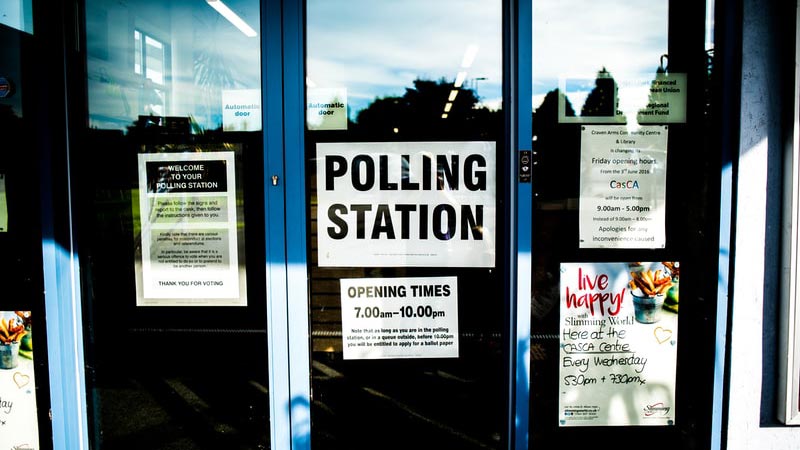As a leading authority on the history of blasphemy laws, Professor David Nash has used his expertise to make a profound difference to people’s daily lives. His in-depth research and advocacy led to the repeal in 2018 of Ireland’s law on blasphemy - a form of censorship which prevented religion from being discussed openly.
The impact of the law’s repeal has been far-reaching. As a result, people in Ireland have been able to speak freely and to express their non-religious views through broadcasting, writing, artistic expression and other ways. The repeal also allayed global concerns that the modern blasphemy law in Ireland could potentially set a dangerous precedent for other countries around the world. The law only came into force in 2009 due to requirements in the 1937 Constitution.


